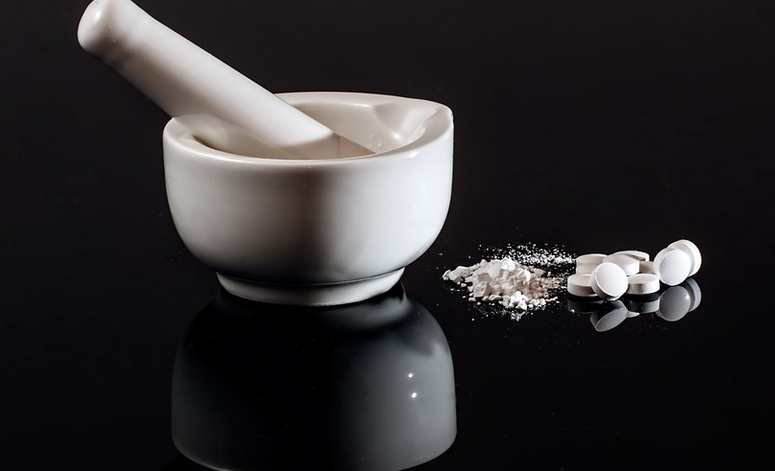Introduction
Ammonium hydroxide is a chemical compound that is commonly used in various industries, including cleaning and agriculture. It is a solution of ammonia gas in water and has the chemical formula NH4OH.
Chemical Properties
Ammonium hydroxide is a colorless liquid with a pungent odor. It is highly soluble in water and forms a base when dissolved. The pH of ammonium hydroxide is typically between 10 and 11.
Uses
Ammonium hydroxide has a wide range of uses in different industries. In cleaning, it is used as a disinfectant and a solvent for removing dirt and stains. In agriculture, it is used as a fertilizer and a pesticide. It is also used in the production of various chemicals, including pharmaceuticals and plastics.
Toxicity
Ammonium hydroxide is a hazardous chemical and can be dangerous if not handled properly. It can cause skin and eye irritation, respiratory problems, and even chemical burns. It is important to wear protective gear when handling ammonium hydroxide and to follow proper safety procedures.
How is Ammonium Hydroxide Made?
Ammonium hydroxide is made by dissolving ammonia gas in water. The ammonia gas is first compressed and then passed through a cooling system to liquefy it. The liquid ammonia is then mixed with water to produce ammonium hydroxide.
Benefits of Using Ammonium Hydroxide
Ammonium hydroxide has several benefits in various industries. In cleaning, it is an effective disinfectant and can remove tough stains. In agriculture, it is a cost-effective fertilizer and pesticide. It is also used in the production of several chemicals that are used in everyday life.
Alternatives to Ammonium Hydroxide
While ammonium hydroxide has several benefits, it is also a hazardous chemical. There are several alternatives to ammonium hydroxide that are safer to use, including hydrogen peroxide, vinegar, and baking soda.
Conclusion
Ammonium hydroxide is a widely used chemical compound that has several benefits in different industries. It is important to handle it with care and to follow proper safety procedures to avoid any accidents. While it has several benefits, there are also safer alternatives available for those who are concerned about its toxicity.

